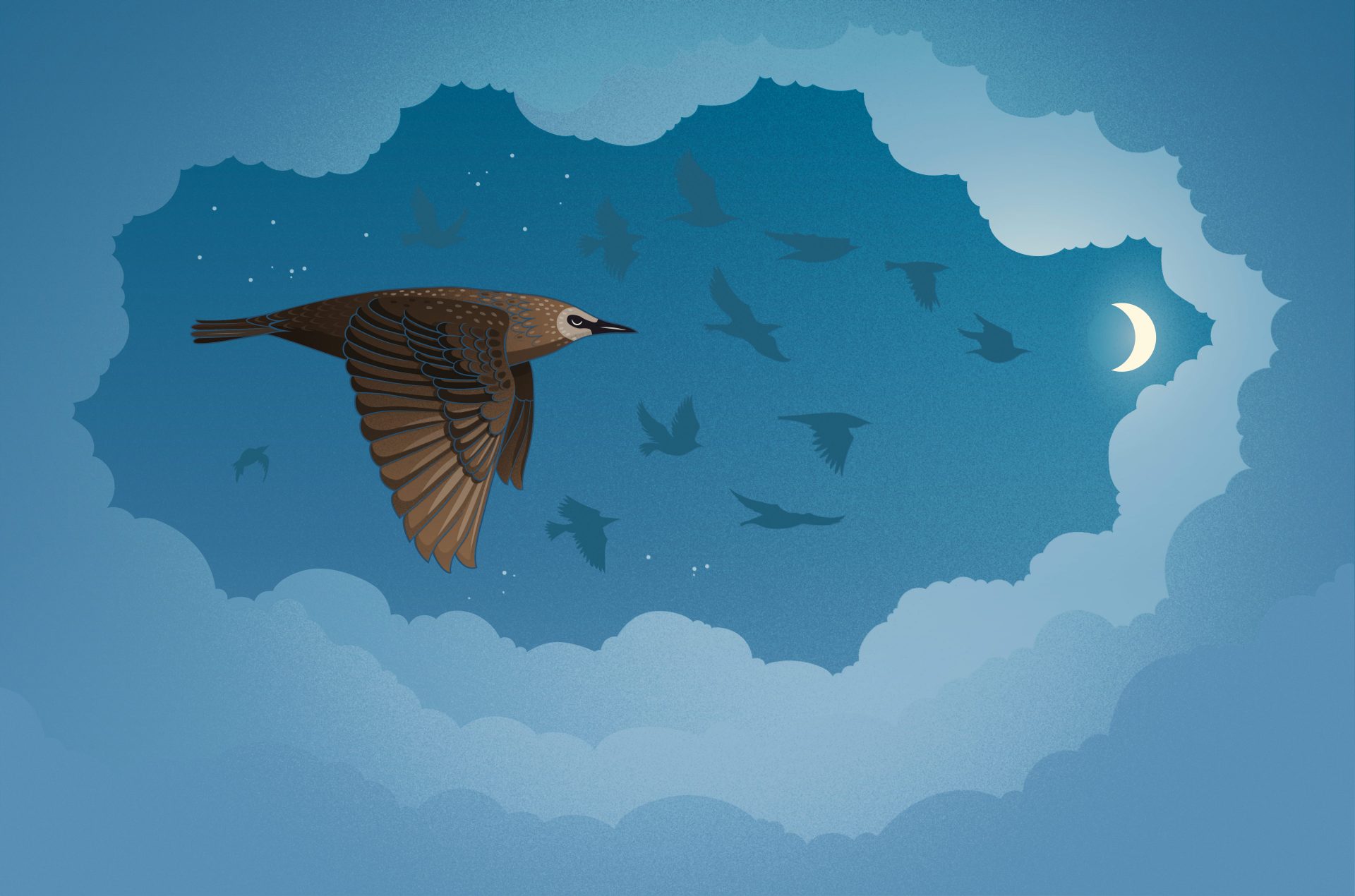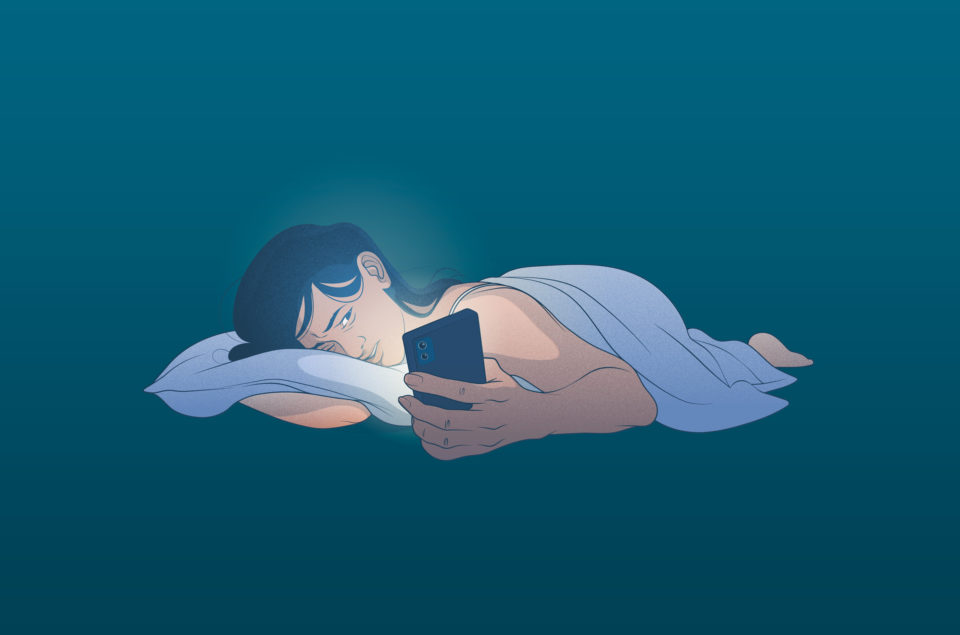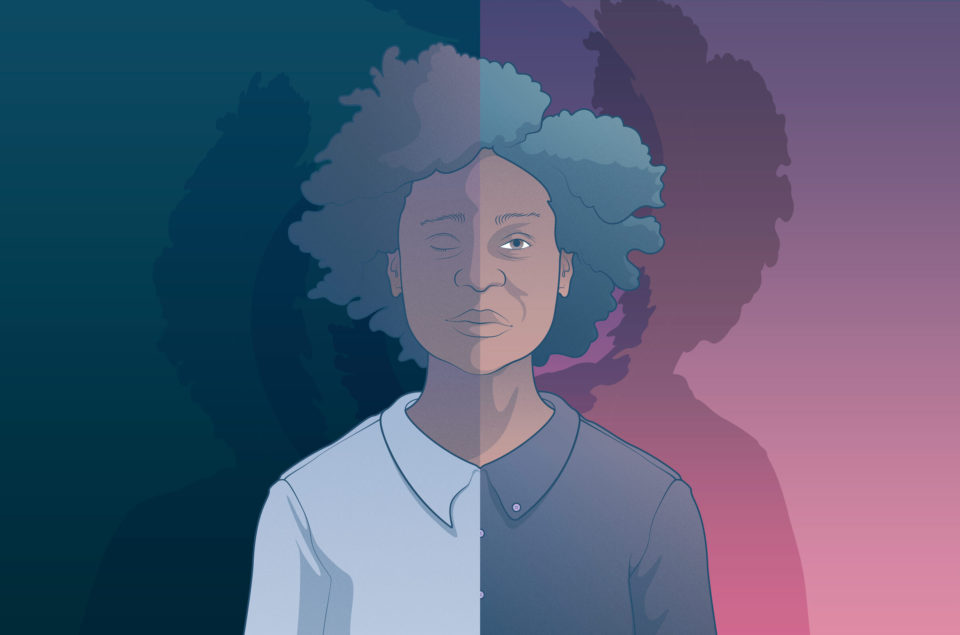We like to think that human beings are the most sophisticated species on the planet – and when it comes to sleep, it’s easy to assume that our behavior and patterns have mirrored our journey to the top of the evolutionary tree. Right? Apparently not – because studying animals shows that complex sleep behavior is not the preserve of mankind.
In the animal kingdom, sleep patterns and behaviour are spectacularly varied. From the birds soaring high overhead, to the depths of the ocean, evolution has allowed species to create their own fine-tuned version of sleep. However, there are a few general rules that animals share with humans. For example, just like for us, sleep enables animals to consolidate memories and knowledge. Animals dream too – although it’s unclear if they do this for the same reasons humans do.
Sleep to survive
For humans, the basic survival instinct has played a major part in defining the development of our sleep patterns. Our prehistoric ancestors huddled together in caves for warmth and protection from a hostile world – and similar ‘safety in numbers’ behavior has become encoded in the DNA of animals such as cows, sheep or any other species that is vulnerable to predators. On the flipside of this, hunting animals such as lions have adapted their sleep patterns too. They tend to sleep in short periods day and night, ensuring they can hunt whenever food is available – in other words, their sleep evolution has made them into the world’s most dangerous opportunists.
Size doesn’t matter

Strange but true
We could write a book about some of the weirdly wonderful ways animals get their shuteye – but here are some of our favorites. Let’s start by looking up into the sky.
It might come as no surprise to learn that birds spend most of their lives flying – which should make sleep a challenge. Apparently not. It’s speculated that birds are unihemispheric sleepers. This means that they can ‘sleep-fly’ – and how amazing is that.
They’re one of man’s most feared predators but hey, sharks like to snooze too. Because they need water to pass over their gills to breathe, sharks have to keep swimming while they sleep, which they do with ease. However, there’s more. Being the super intelligent creatures they are, sharks have been smart enough to develop a technique that involves sleeping facing strong ocean currents, letting Mother Nature do this job for them and presumably enabling easier sleep.
Look at a slow, cumbersome 500kg walrus and you could be excused for thinking that they sleep most of the day (and night) and generally take life at an easy pace. Appearances can be deceptive. Studies show that walruses can stay awake for 3 to 4 days. When they do decide to get their head down for a bit, they fill up their inbuilt air pouches so they stay afloat or attach themselves to ice sheets with those long tusks before drifting off – literally and figuratively.
In the quest to fine-tune our own sleep behavior, perhaps there are lessons to be learnt from the animal kingdom – or perhaps the miracle of evolution has already subtly added these traits to our DNA? From a personal perspective, flying while asleep sounds pretty cool…although waking up in mid-air could take some getting used to.










